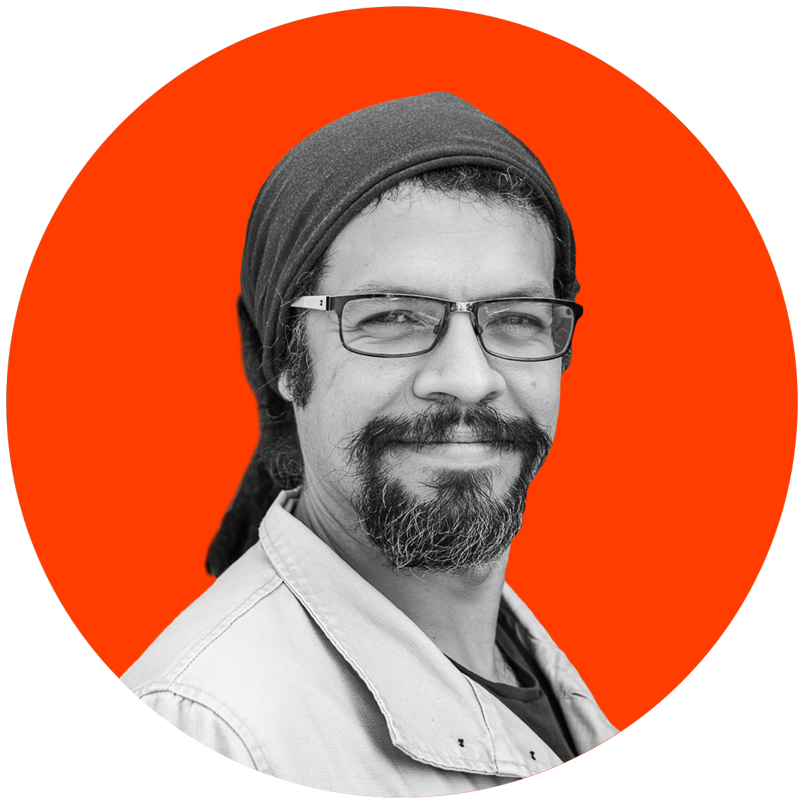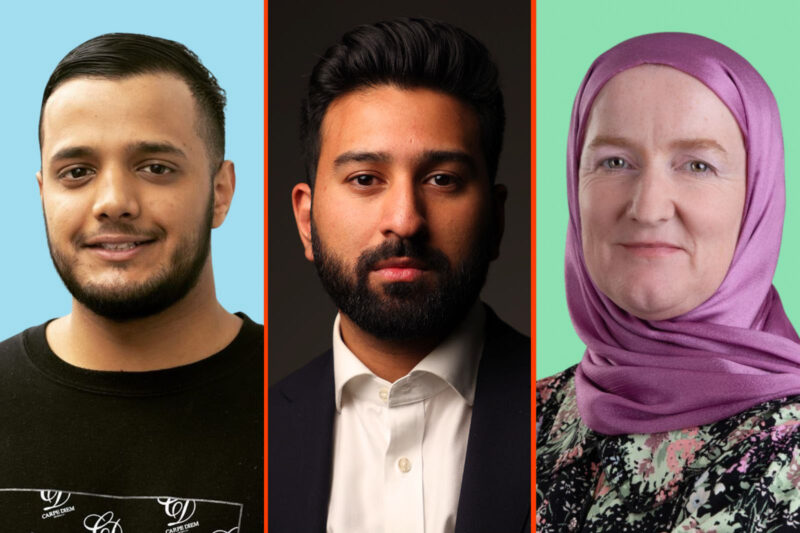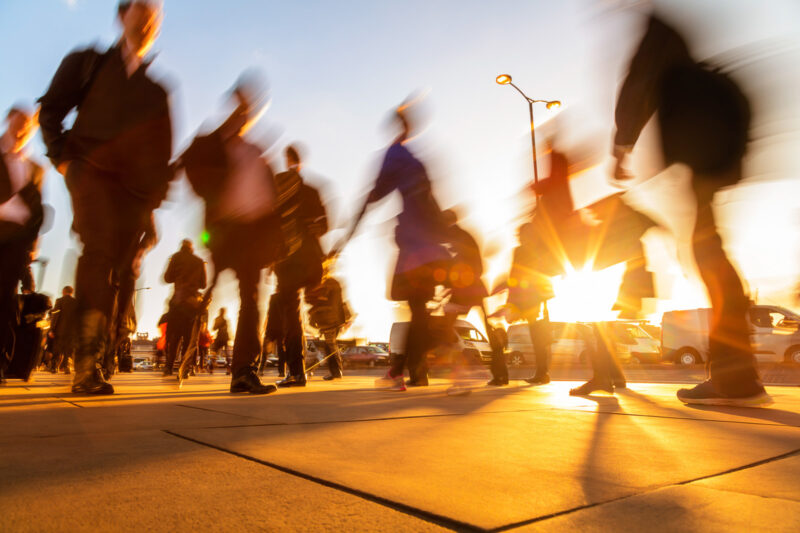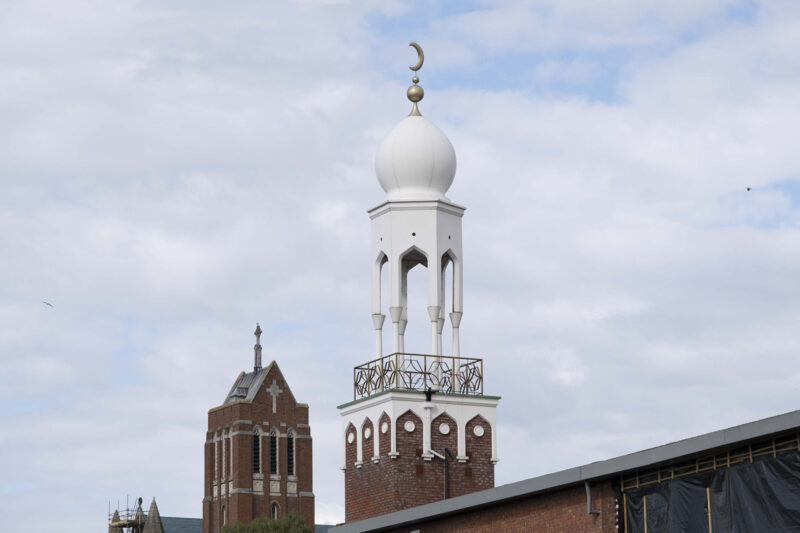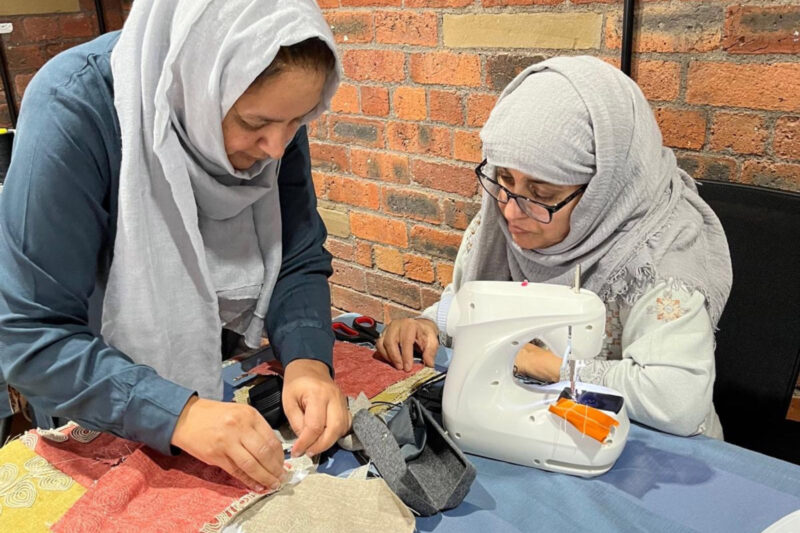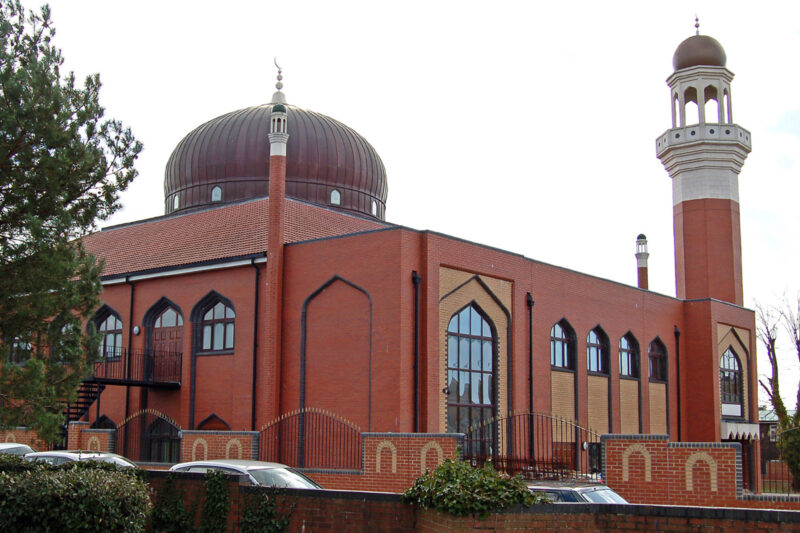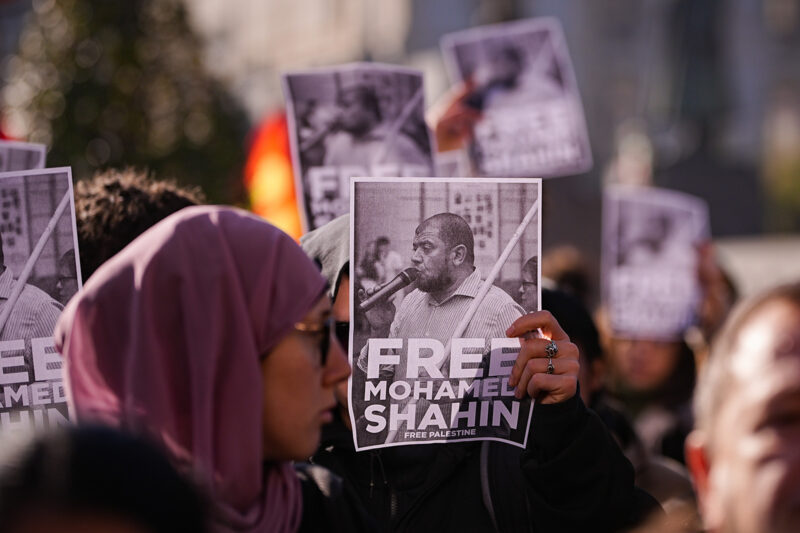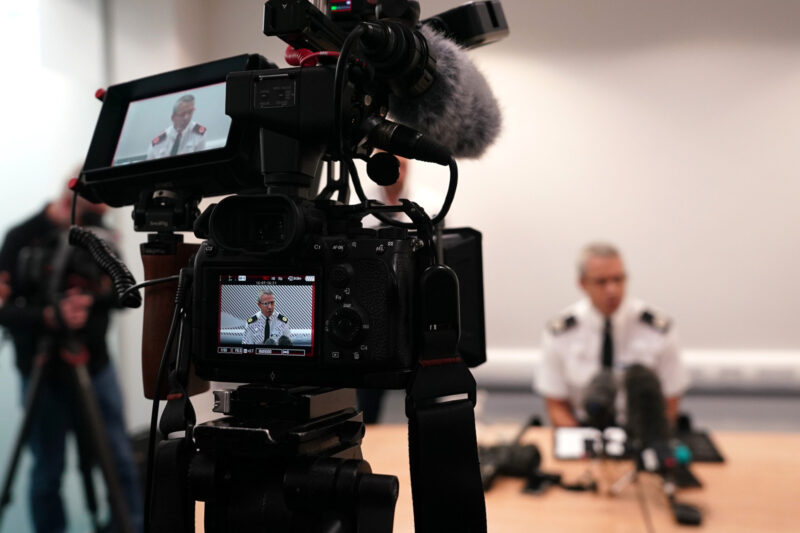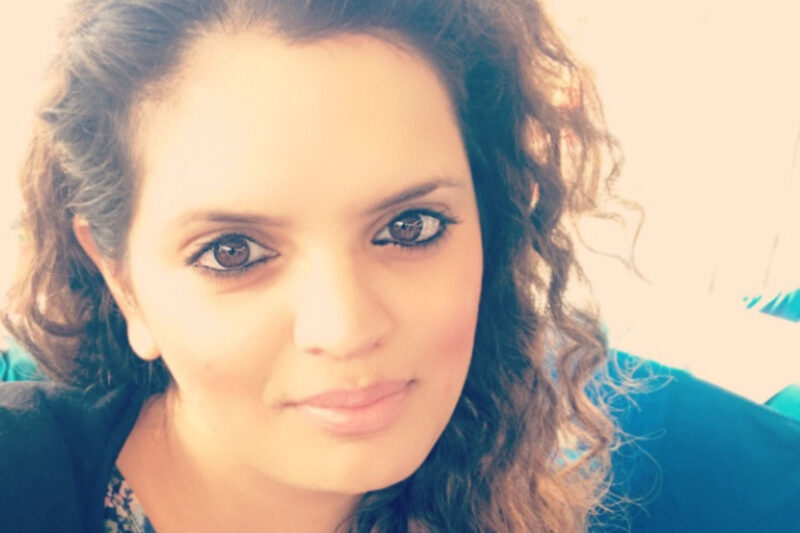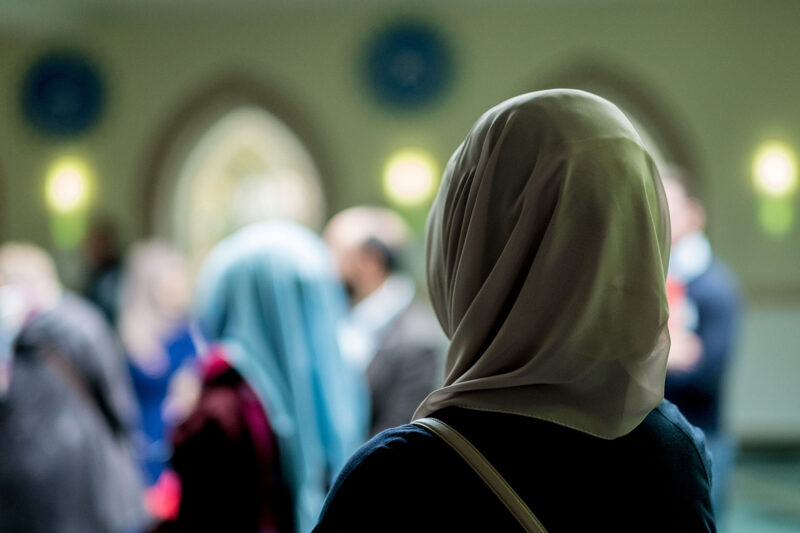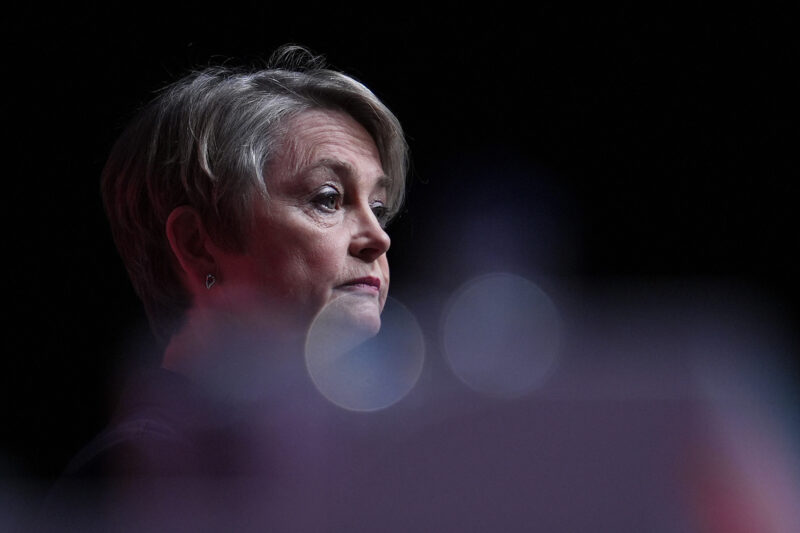Muslims are least likely group in England and Wales to become judges
Call for more Muslims to put themselves forward for judicial roles amid warning of weakened public trust in the justice system

Muslims are three times less likely to become judges and coroners in English and Welsh courts than members of other faiths, according to research published by University College London, amid warnings that a lack of diversity could weaken public trust in the judiciary.
Muslims comprise 6.5% of the English and Welsh population, according to the 2021 census, but only 1.8% of salaried judges, 2.2% of fee-paid (part-time) judges and 0.6% of coroners. Judges from Christian, Jewish and Sikh backgrounds are overrepresented in the judiciary, while Hindu and Buddhist judges are also underrepresented but to a lesser extent than Muslims.
“It is vital that our judiciary reflects the community that it serves,” said Richard Atkinson, president of the Law Society of England and Wales. “Diversity of background, of thought and of experience strengthens the judiciary and helps to generate confidence in the fairness of the justice system.”
Sam Mercer, head of equality and diversity policy at the Bar Council — the trade organisation that issues barristers’ practising certificates — agreed. “Public confidence in the justice system is enhanced by a judiciary that broadly reflects the society it serves,” he said.
Maryam Syed KC became one of the first female Muslim criminal law judges in England and Wales in 2012. “A lot of the court staff are Muslim,” she said. “When I go to courts, I often am very touched by the court staff sending me messages saying they’ve never seen a Muslim woman judge before.”
The Judicial Attitudes Survey is published every two years on behalf of the judiciary as a whole, surveying every judge in England and Wales. It has been running for a decade, but the 2024 survey, published this year, was the first to ask questions relating to the faith of judges.
Professor Cheryl Thomas KC, who compiled the survey, explained that the exercise was designed to help the senior judiciary understand the experience of judges’ working lives. “We know that non-white ethnic minorities are underrepresented in the judiciary across the board,” she added, “but we hadn’t actually looked at religion per se.”
The data should be used to inform the work being done by the judiciary to become more representative of the communities it serves. “It was a very positive sign that the judiciary actively wanted these questions to be asked, and that wasn’t necessarily the case before,” she added.
One of the themes that has emerged is that people who are qualified and have the experience to become judges need encouragement and support to do so, according to Thomas. The old system of appointing judges until 2005 was largely based on personal connections, and referred to as the “tap on the shoulder” approach.
Thomas said the new system, while much more transparent, required people to put themselves forward, which could be an obstacle in itself. But she added: “Sometimes it just takes one or two very high-profile appointments to encourage others to apply, and that’s certainly what’s happened with women in the judiciary.”
The report also noted that Hindu, Muslim and Sikh judges “reported higher levels of bullying, harassment and discrimination” compared to judges of other religions or no religion, though further surveys will need to be carried out to know if the problem is getting better or worse.

Syed has just been appointed as a public and private family law judge, and continues to practise as a barrister. She believes underrepresentation in the judiciary is due to a combination of factors including direct discrimination, unconscious bias and inequality of opportunities.
“I get approached all the time by Muslim colleagues who either want to come into the profession at a very junior level or want to progress to judicial positions at whatever level they’re picking,” she said. “They’re concerned about how they’re going to be viewed and how they’re going to be treated.”
Some of these concerns included the perceived culture of the judiciary towards people who don’t drink alcohol and who might choose to wear religious dress, such as the hijab, in or out of court, she explained.
“I think there’s reticence from our own community, but there is still a lot of work to be done around direct discrimination and unconscious bias, and particularly how we’re perceived,” she said. Mentoring and support programmes are in place, she explained, and from her perspective the biggest challenge is getting the opportunities “to demonstrate your work and your judicial qualities”.
However, Syed said, Muslims and particularly Muslim women should put themselves forward to be judges, adding that she feels the system is changing slowly for the better.
Dr Naomi Green, assistant secretary-general of the Muslim Council of Britain, said the need for a judiciary that properly reflected the population was “not about tokenism” but was “essential for building public trust in the justice system”. “When our legal system reflects the diversity of the society it serves,” she said, “it brings a broader range of perspectives, experiences, ultimately strengthening its legitimacy and credibility.”
 Newsletter
Newsletter

